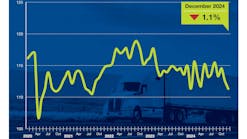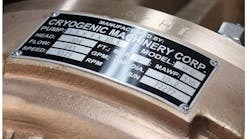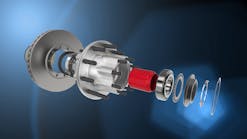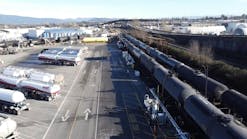Preventive maintenance (PM) scheduling is the top priority for the majority of fleets that use maintenance management software. According to an ongoing survey by Arsenault Associates, 56% of fleets that employ maintenance software use it first and foremost to automate PM scheduling.
The survey also showed 42% are primarily concerned with administrative control of fleet assets, 36% with expense management, and 35% with maintenance/repair histories for Department of Transportation purposes and to control rework.
“The importance of a good PM program performed on a timely basis is not lost on fleet managers, even as they deal with reduced operating budgets and smaller maintenance staffs,” says Charles Arsenault, CEO of Arsenault Associates, providers of Dossier fleet maintenance management software, technology, and consulting solutions.
However, Arsenault noted, slightly less than 44% of all fleets use software specifically designed for fleet maintenance. According to the survey, 16% use off-the-shelf software like Word, Excel, or Access, while 6% use their company's accounting or ERP software. A full 33% still use paper maintenance records if they keep records at all.
Of fleets represented in the survey, 20% operate over the road, while 58% were domiciled fleets that return to base each day. More than 22% operate in off-road environments such as construction, landfills, and other venues.
Further down the list of maintenance software priorities are tire cost control at 29%, as well as parts control and fuel consumption management, both at 27%.
According to the survey, 30% of maintenance software users employ no other fleet technologies, however of those that do:
-
28% use GPS/AVL systems
-
25% use automated fuel islands
-
15% use mobile/wireless communications systems
-
13% use middleware that integrates their program with accounting, purchasing, payroll, and others
-
13% use automated tire pressure sensing systems
-
11% use automated parts ordering systems.
“Trying to manage a fleet using less technology is like settling to not lose too much money,” Arsenault says. “In this troubled economic environment, that just won't do.” ♦










